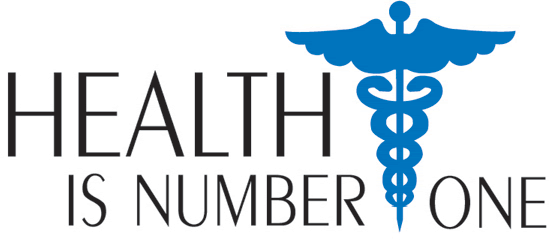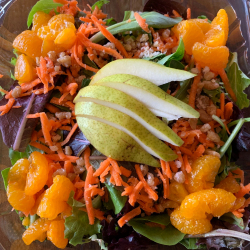Health Library ~ Family Medicine in Mullica Hill, NJAll Material copyright Craig M. Wax, DO. FiberBy Craig M. Wax, DO
A healthy diet must consist of adequate amounts of fiber and water. Fiber is the part of foods that is not digested by your gastrointestinal tract. Dietary fiber is the sum total of fiber in foods and the level in grams appears on nutritional food labels. Soluble fiber mixes with water. Insoluble fiber does not mix well with water. Fiber is not digested to produce energy or give nutrients.
So, what good is fiber in your diet? Iím glad that you asked. Soluble fiber is a ìgummyî substance that appears in vegetables, fruit and few processed foods. It reduces the amount Insoluble fiber is also terrific for your health. It adds bulk to your stools. Therefore, it can make moving your bowels less stressful. This can reduce your risk of hemorrhoids and other problems in the area. Insoluble fiber moves digesting food through your system at a faster rate. This moves food, possible carcinogens and toxins along so that they are not as likely to exert harmful effects. By bulking-up your stools, insoluble fiber makes your intestinal muscles stronger. Over many years, this will help prevent problems such as diverticulitis and diverticulosis. Another important consideration is adequate intake of water. Fiber alone will not move along smoothly. It requires copious amounts of water to exert its helpful effects throughout your system. It is recommended that a healthy person take in 4 to 6 liters of clean water every day (about 1 1/2 gallons). Some of this water is already present in the food we eat such as fruit, vegetables and non-caffeinated low-sugar beverages. Supplementing your diet with adequate amounts of water also helps to flush waste products out your body organs. It assures that all of your body cells will have the clean water that they need to survive. A healthy diet begins with water and fiber. |
|





